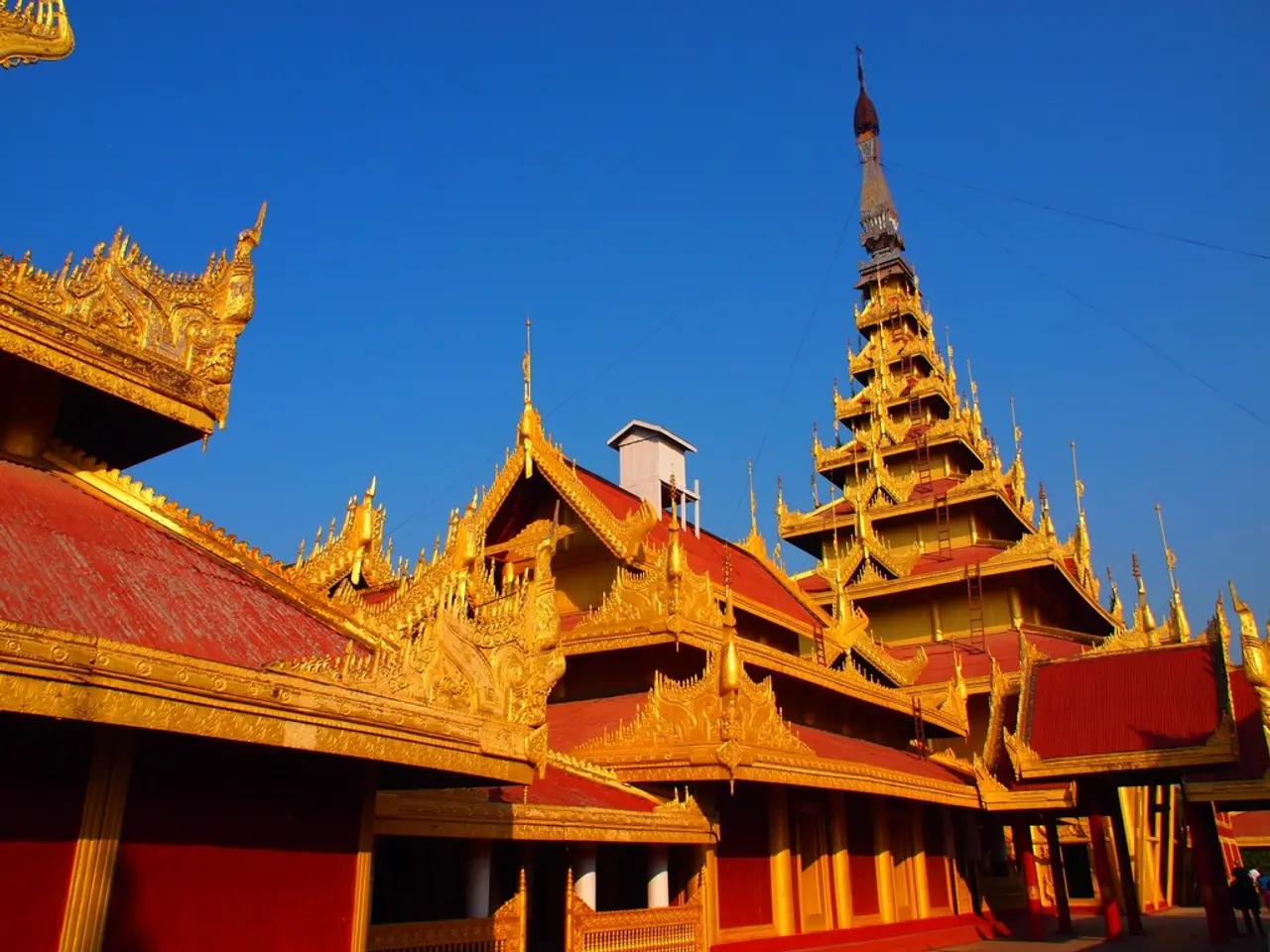Bangladesh's economy urgently requires free and fair elections to address its issues
In recent times, Bangladesh has been grappling with political unrest that has disrupted the business climate and supply chains, making it difficult for retailers to receive deliveries and import raw materials. This instability has also undermined international trust, causing buyers to hesitate and look towards other countries.
The president of the Bangladesh Employers' Federation, Fazlee Shamim Ehsan, has stated that political instability directly affects businesses. The government led by the Awami League under Prime Minister Sheikh Hasina, which governed Bangladesh between 2009 and 2019, oversaw significant infrastructure projects and economic expansion. However, the government faced allegations of corruption, large-scale money laundering, and banking scandals.
Professor Neelormi, an expert in the field, argues that democratic regimes in Bangladesh often generate elites who can extract economic rent and restrict policies that would threaten their rent-seeking behavior. During the democratic governments of the 1990s, competitive politics, free media, and some institutional checks were allowed, but with increasing corruption, Professor Neelormi notes that democracy cannot bring good to anyone.
If a credibly elected government could continue with pro-people commitments, they would exhibit a continued and sustained economic growth trajectory, which must be inclusive and devoid of elite captures, according to Professor Neelormi. Inclusive institutions emerge when pluralism is real, a concept supported by economists Acemoglu and Robinson.
The Bangladesh Textile Mills Association President, Showkat Aziz Russel, emphasizes the need for a fair election and a government for dialogue and trade. The need for a stable and fair political environment cannot be overstated, especially in the face of the challenges that the business and economic sectors are currently facing in Bangladesh.
In conclusion, the political unrest in Bangladesh is causing significant disruptions to the business climate and supply chains, undermining international trust, and threatening economic growth. For the country to overcome these challenges, a credible and pro-people government is needed that is committed to inclusive and sustainable economic growth, free from elite captures. A fair election and a government that is open to dialogue and trade are essential for this to happen.
Read also:
- United States tariffs pose a threat to India, necessitating the recruitment of adept negotiators or strategists, similar to those who had influenced Trump's decisions.
- Weekly happenings in the German Federal Parliament (Bundestag)
- Southwest region's most popular posts, accompanied by an inquiry:
- Discussion between Putin and Trump in Alaska could potentially overshadow Ukraine's concerns








